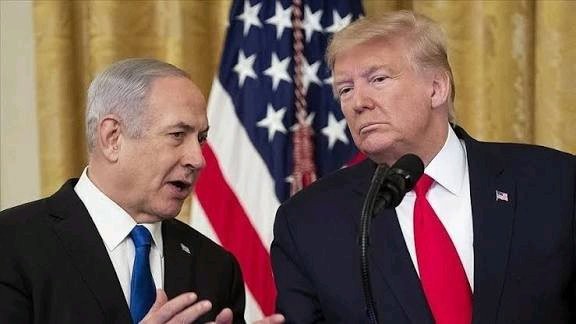In a solemn and forceful address marking the 24th anniversary of the September 11, 2001, terrorist attacks, President Donald Trump delivered a stark warning to America’s adversaries, vowing a relentless and merciless response to any threats against the nation.
Speaking at a commemorative ceremony on September 11, 2025, President Trump’s message was one of unwavering resolve. “If you attack the United States of America, we will hunt you down and we will find you. We will crush you without mercy, and we will triumph without question,” he declared, echoing the defiant rhetoric that has characterized his political career.
The President rooted this promise in a view of America’s military history, highlighting its victories in World War I, World II, and earlier conflicts. He attributed these successes to the strength and clarity of purpose of the nation’s former military leadership body, the Department of War.
READ: Tribute to the Charlie Kirk Legacy, His Last Moments and Suspected Killer (Video)
The following day, President Trump transformed his words into action by signing an executive order to reinstate “Department of War” as a secondary, ceremonial title for the Department of Defense. The name, which was used from 1789 until the department was reorganized and renamed the Department of Defense by the National Security Act of 1947, is intended to project a more assertive global posture.
The order also designates ‘Secretary of War’ as a secondary title for current Defense Secretary Pete Hegseth for use in official correspondence, public communications, and ceremonial contexts.

This symbolic move is a direct reflection of the administration’s criticism of the modern Pentagon. Trump and Hegseth have consistently argued that the military has become overly focused on defensive capabilities and what they label as “wake policies,” at the expense of a forward-facing, victory-oriented “warrior ethos.”
President Trump asserted that the historic name ‘Department of War’ more accurately reflects the military’s primary purpose: to achieve decisive victory. The change is framed as a signal of strength to international foes and a move to restore national pride in America’s military heritage.
READ: Nigerian Genius Faith Odunsi Wins Global Mathematics Competition
While the U.S. Congress holds the statutory authority to officially rename federal agencies, the President’s executive order sidesteps the need for immediate legislative approval by applying the title in a ceremonial and secondary capacity. The administration has expressed confidence that Congress will ultimately support the change.
The decision has ignited immediate debate, with supporters praising it as a return to traditional strength and critics questioning the necessity of a symbolic shift they see as overly aggressive and a departure from modern military doctrine.
Discover more from TOKTOK9JA MEDIA
Subscribe to get the latest posts sent to your email.



























